Please, DON'T click this link! Economics, maps, faith and ecology
I know... It's not a very good trick - but, you followed the link, and here you are! I'm glad you've stopped by my blog!
Have you ever taken time to consider the relationship between faith, economics, globalization and the environment?
Well, recently I did a post about the neurological causes of greed, and how these can be managed as a 'value transaction' in order to address some of the economic inequalities that we face across the world.
Let me show you a few basic analogous maps of the world to illustrate the economic inequalities that exist in the world.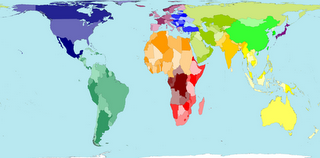 First, here is a basic map of the world based on geographical land mass (i.e., this is the traditional manner in which maps are drawn - the area of each land mass is a represented equivalent of the actual land mass drawn to scale).
First, here is a basic map of the world based on geographical land mass (i.e., this is the traditional manner in which maps are drawn - the area of each land mass is a represented equivalent of the actual land mass drawn to scale).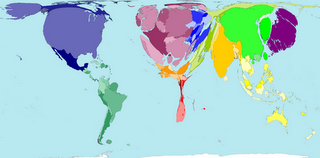 Now, take a look at this next map - this map is analogous of the world's wealth. In other words, the more wealth a nation has the larger it will appear on the map. Look how large North America and Europe are in relation to the rest of the world - it is also worth noting how rich Japan is on this map. Clearly, the world's wealth is concentrated in the Northern Hemisphere, and it is largely concentrated in the West. I shall, however, say something about the shifts that are taking place in the world's economy at a later stage.
Now, take a look at this next map - this map is analogous of the world's wealth. In other words, the more wealth a nation has the larger it will appear on the map. Look how large North America and Europe are in relation to the rest of the world - it is also worth noting how rich Japan is on this map. Clearly, the world's wealth is concentrated in the Northern Hemisphere, and it is largely concentrated in the West. I shall, however, say something about the shifts that are taking place in the world's economy at a later stage.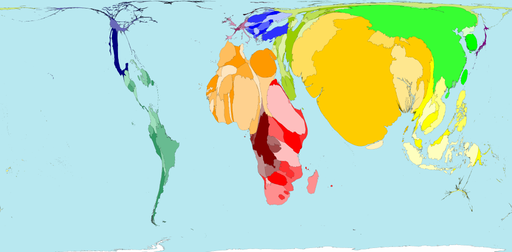 Next, take a look at this map which analogous of poverty across the world. It is almost an inverse representation of the wealth map above - this map shows nations that are poorer as larger masses on the map.
Next, take a look at this map which analogous of poverty across the world. It is almost an inverse representation of the wealth map above - this map shows nations that are poorer as larger masses on the map.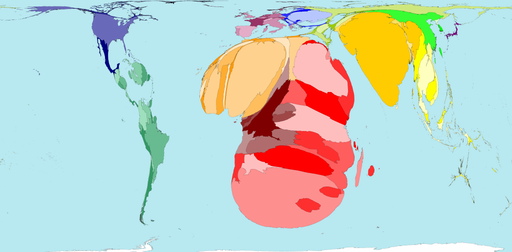 Now, take a look at this map which shows HIV / AIDS infection across the world - it is interesting to note that 68% of all HIV+ people live in Southern Africa (that is 22.8 million out of the 33 million persons who are HIV+). I have just written a study on this for a new book on a Christian response to HIV / AIDS - it is shocking to see the prevelance of AIDS deaths in Africa. But please do take a look at the last map in this series.
Now, take a look at this map which shows HIV / AIDS infection across the world - it is interesting to note that 68% of all HIV+ people live in Southern Africa (that is 22.8 million out of the 33 million persons who are HIV+). I have just written a study on this for a new book on a Christian response to HIV / AIDS - it is shocking to see the prevelance of AIDS deaths in Africa. But please do take a look at the last map in this series.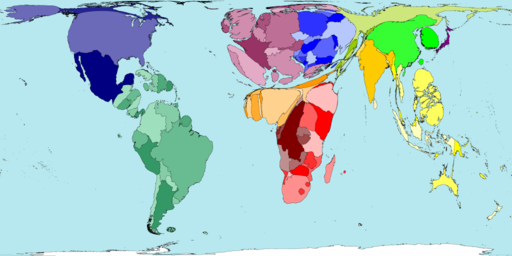 This last map gives an analogous representation of where the world's Christian population lives. Isn't it sad to see that Christians live in most of the places where wealth, poverty and HIV / AIDS are significant problems? Clearly we have a few things to learn about money, God's economy, health care, reproductive care, women's rights, and sex!
This last map gives an analogous representation of where the world's Christian population lives. Isn't it sad to see that Christians live in most of the places where wealth, poverty and HIV / AIDS are significant problems? Clearly we have a few things to learn about money, God's economy, health care, reproductive care, women's rights, and sex!
OK, now I made mention of the fact that the world's wealth is concentrated predominantly in the North and the West - this is changing! Within the next 10 years the economies of the USA (North America), and most of Europe will show negative growth in some instances, and decline in others. The economies that are on the rise are China, India and Brazil (Australia is also a Southern Hemisphere economy that is growing at a significant rate). In other words, by 2020 we will see a completely different picture in global economic power! My advice is that you send your kids for a 'gap year' in China! As for me, I'm starting to study Mandarin!
If you're interested in a more detailed discussion of these shifts you can read this paper that I wrote for the Stellenbosch University Business school in 2009.
Sadly, Africa's economy will only show marginal growth since it is crippled by the impact of AIDS, political instability, underdevelopment and international debt. However, if we play our cards carefully the continent could be the next economic powerhouse after China and India since we are one of the only continents on earth that still has natural resources!
So, here's the point - did you realise that if we spent just 10% (190bn US$) of the annual world budget for military expenditure (1235bn US$) we could BOTH restore the earth's natural resources (cleaning up our water, replanting trees, creating environmentally friendly and more sustainable energy source), AND meet the basic water, sanitation, education and health care needs of the whole world! Just 10%... You can read about that research from Brown 2008 (entitled Plan B 3.0: Mobilizing to save civilization) here.
Christians make up more than 40% of the world's population - surely we could take up our responsibility to manage the 'household of God' (oikos nomos - economy) for the transformation of the world?
What do you think? How do we do it? What practical steps can you suggest to start making a difference within your sphere of influence... As I've been doing this research in recent weeks I've been praying one text consistently:
The earth is the Lord's, and everything in it, the world, and all who live in it. (Psalm 24.1 NIV)
If you're interested in an article / chapter that I have published on the subject of the environment and earthkeeping you can read
- More red than green ? a response to global warming and the environment from within the Methodist Church of Southern Africa. Forster, DA in The Epworth Review - the Journal of Methodist ecclesiology and mission Vol 35, No 2 (2008). This paper was also published in
- Forster DA, 'More red than Green', in What are we thinking? Reflections on Church and Society from Southern African Methodists. Forster, DA and Bentley, W. 2008. Methodist Publishing House, Cape Town. ISBN: 978-91988352-6. (2008:117ff. Chapter 7)
If you're interested in reading a chapter that I wrote on the Christian's response to Greed and Economics please see:
- Upon the Lord's sermon on the mount - discourse 8 (a contemporary exposition of John Wesley's sermon on stewardship and the use of money from an African Liberation Theology perspective) in Shier Jones, A and Reisman, KD 44 Sermons to serve the present age (2007), London: Methodist Publishing house. ISBN: 97807162063
Oh, and if you're looking for my 'other' post on maps of the world please go here. This is the MOST clicked linked on my blog - isn't that amazing!?
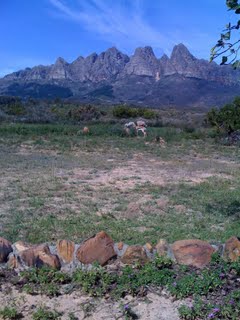

 Twitter can be used for many things. From communicating with friends, family and associates to building an online profile to promoting products and services, many individuals employ Twitter for important functions.
Twitter can be used for many things. From communicating with friends, family and associates to building an online profile to promoting products and services, many individuals employ Twitter for important functions.
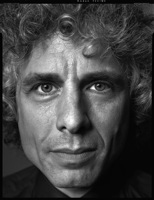 In February, 2009, I approached
In February, 2009, I approached 


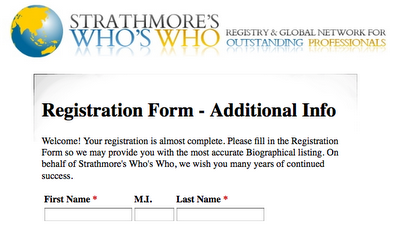
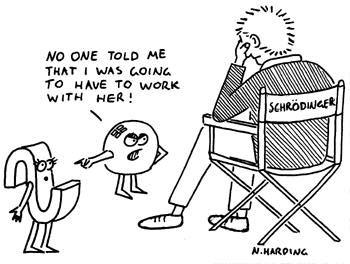
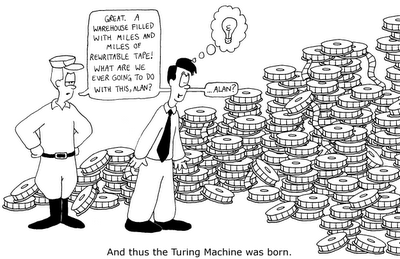
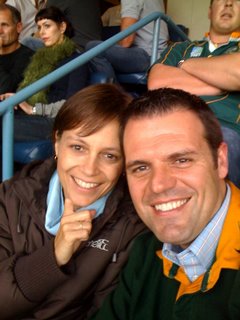





 .
.
 .
.




